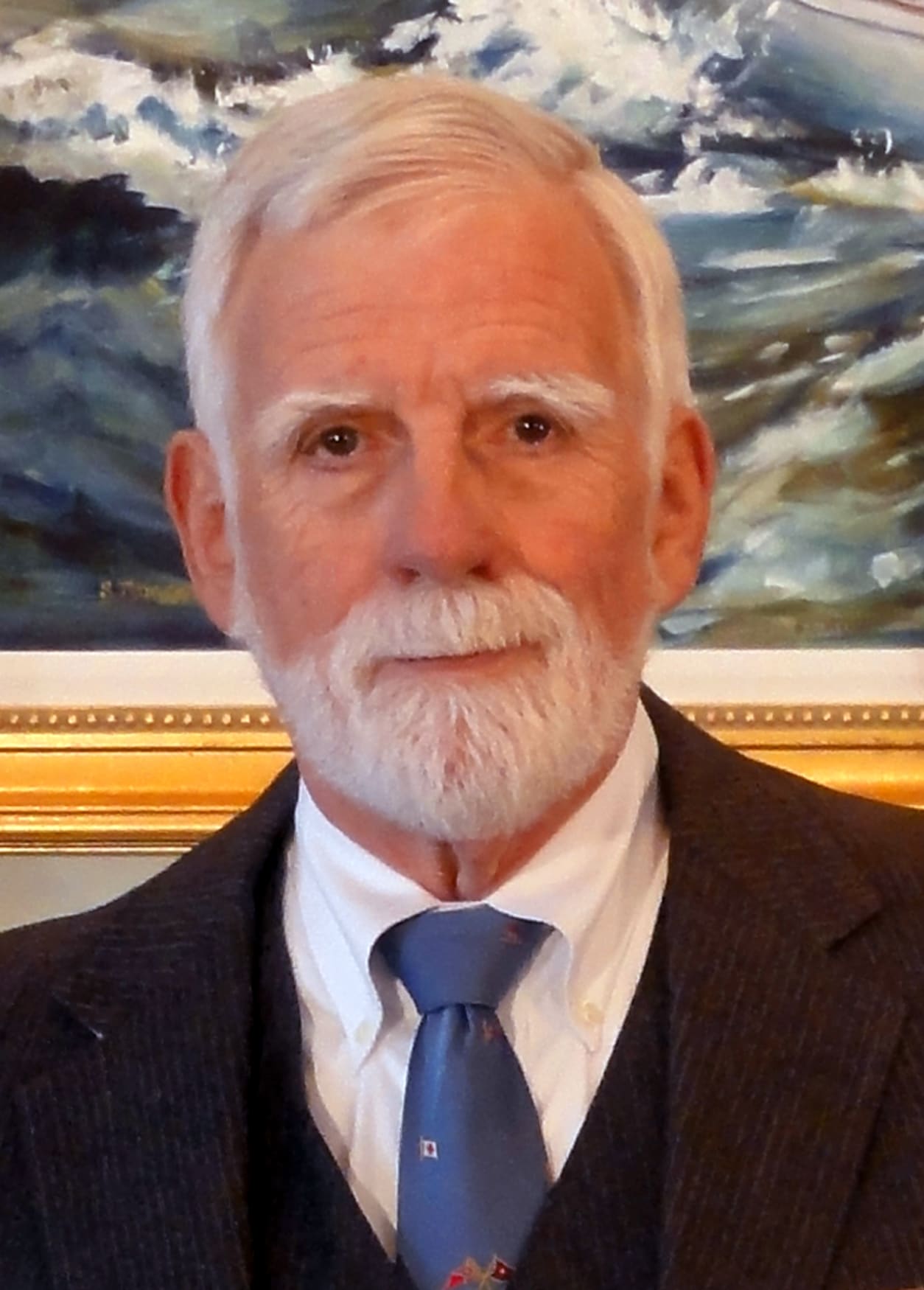Saving Lives In Chatham County, Inc. (SLICC)
Purpose Prize Fellow 2014
This tech-exec-turned-paramedic trains the public in an unorthodox but effective approach to saving lives of cardiac arrest victims.
Before I retired in 2001, I fixed broken tech companies, as a CEO-for-hire. Later, as a paramedic working 12-hour shifts in emergency rooms and ambulances in Savannah, Georgia, I tried to fix broken hearts and minds resulting from cardiac arrest or stroke. Finally, I had my chance to follow an ambition I’d had as a young man: to have a career in medicine.
The work was fulfilling. But what I saw on the job angered me. At the scene of a cardiac arrest I’d find everybody standing around rather than pumping the victim’s chest. Or someone who’d obviously had a major stroke would come into the emergency room, and we’d ask their spouse, ‘When did the symptoms start” and they’d say, ‘After lunch,’ or ‘yesterday.’
- Courses taught in California, New York, Ohio, Florida and Switzerland, with 1,000 instructional videos downloaded every month
- 10,250 people trained in the use of CPR, automated external defibrillators and the Heimlich maneuver
- Revolutionizing CPR by teaching chest-pedal compression
When treating cardiac arrest and stroke, time is of the essence. Cardiac arrest kills one American every 88 seconds, and strokes hit once a minute, often causing lasting disabilities. The sooner treatment starts, the better the outcome.
Out of this frustration, I formed the nonprofit organization Saving Lives In Chatham County, Inc. (SLICC). Today, we have trained more than 10,200 people in CPR, the use of automated external defibrillators (AEDs), the Heimlich maneuver and how to recognize the signs of a stroke.
We’re innovating how CPR is performed by teaching pedal, or foot, chest compression. Only 20 percent of people have the strength to do chest compressions with their hands for 10 minutes – the average time it takes an ambulance to arrive. But they can keep up the compressions much longer with their feet. Even an arthritic 70 year-old can perform CPR this way. The American Heart Association is considering our method, which would revolutionize the field.
I know SLICC’s instruction has saved lives. I can’t tell you how I feel when someone says, ‘I took your class a few months ago, and three weeks ago, my wife had a cardiac arrest. Thanks to you, she’s going to be fine.’




